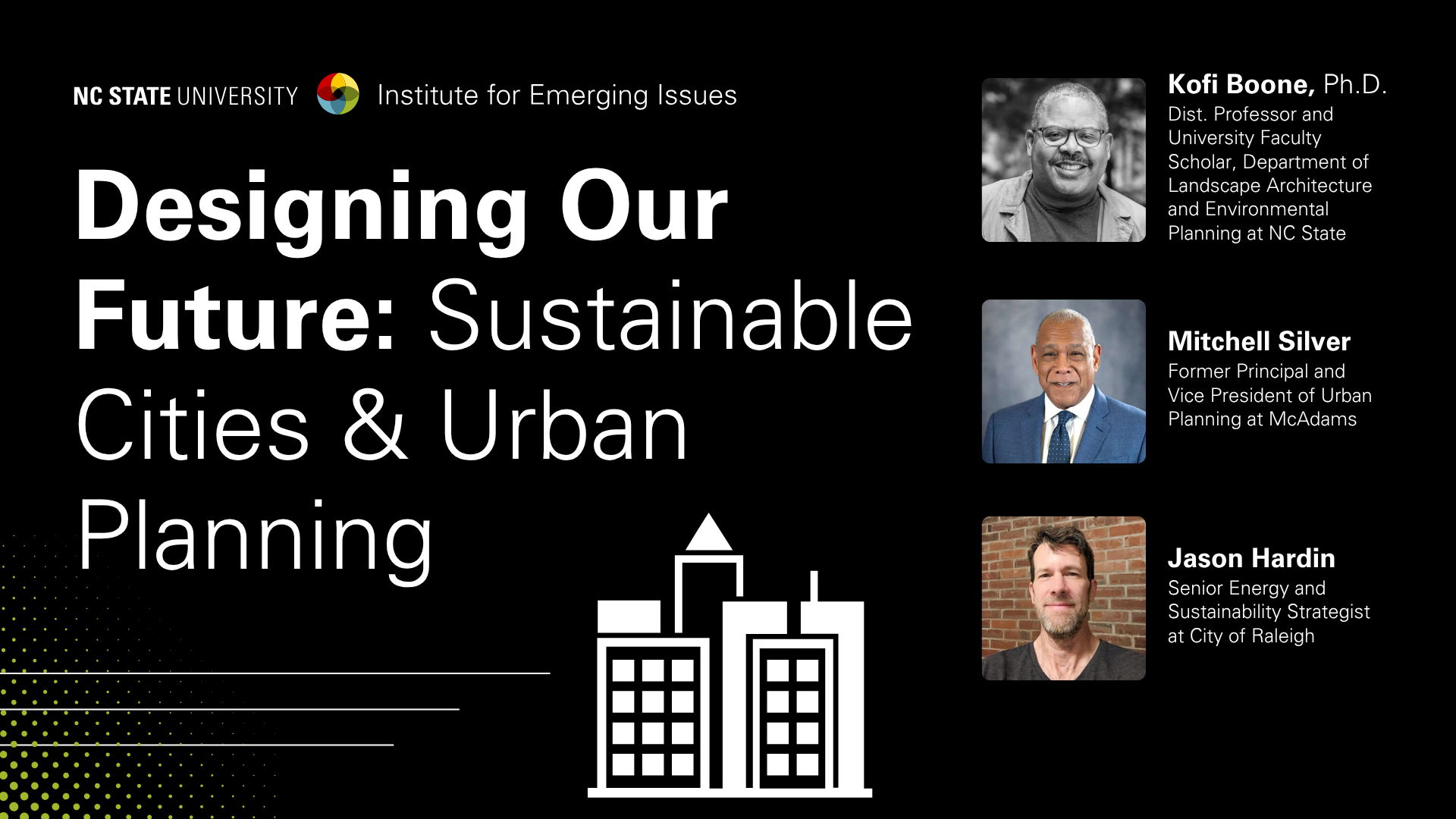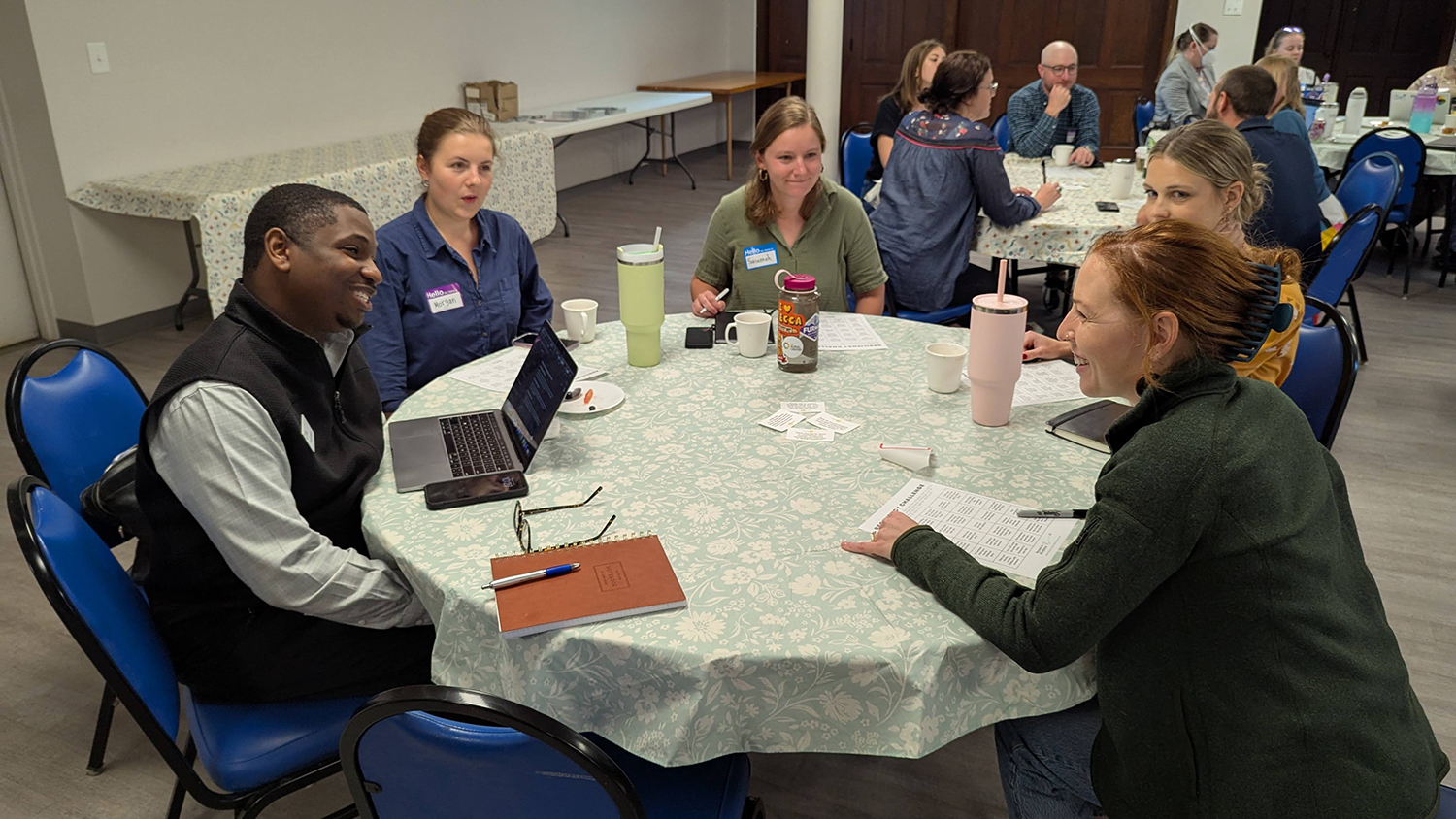Train and Computer Stations: Rural Digital Strategies
For a world that’s gone virtual, large parts rural North Carolina still remains digitally unconnected. The expense and challenges of bringing high-speed broadband “the last mile” haven’t changed, and Americans are creating emergency and innovative solutions to provide some connectivity to neighbors.
Check out these efforts from around North Carolina and the country and let IEI know what else your community is doing to provide broadband access, devices, and digital literacy to North Carolinians:
- Putting public WiFI hotspots in easily accessible locations, like this rural Vermont train station, allows people to access internet and still stay within safety guidelines
Rural possibilities: WiFi hotspots at train stations, town halls, libraries, gas stations, school or grocery parking lots, parks
- Partnering with The Rural Center, Robbinsville United Methodist Church upgraded their internet infrastructure and set up donated computer stations at the church for community members without devices to come use throughout the day
Rural possibilities: Faith communities can put free WiFi in parking lots, donate prepaid internet access plans to families, collect older devices and distribute them, support summer school programs through virtual and safe mentoring
- Train youth to become “digital connectors” in your community- using tech-savvy teens to help others understand how to connect virtually, like the Raleigh Digital Connectors Program
Rural possibilities: If paid summer internships are available but COVID-19 makes the proposed job role obsolete, think about training youth to become digital connectors focusing on leadership, tech skills, and asset-mapping the digital challenges and opportunities of their rural community
- Once connected to the internet, tech and device issues can abound. Digital Charlotte, Charlotte-Mecklenburg Library, and Goodwill of Southern Piedmont offer online and phone “virtual office hours” for residents to ask their questions about connecting effectively
Rural possibilities: Tech-savvy volunteers, residents, or employees of local government, non-profit, business, or education systems could offer a county-wide hotline or online forum for digital inclusion questions that anyone could answer. Based on questions, local groups could host more digital and device literacy trainings to help residents connect in easier ways
- 29 counties around North Carolina are outfitting school buses with WiFi, like in Avery County after the announcement of public school closures for the rest of the year. You can check to see if your county is part of the first round of hosting mobile WiFi on buses here.
Rural possibilities: Many school buses bring food to students on their normal route. Figuring out central locations for church vans or school buses with a consistent schedule can provide safer WiFi access closer to where families live, especially throughout the summer.
IEI remains committed to promoting digital inclusion efforts in our state. The ReCONNECT to Technology Community Cohort are five collaborative state-wide groups who are at the frontlines of digital inclusion and connection across the state. Our First In Future: Connecting In Crisis podcast also recently featured innovative experts on the current state of broadband access and inclusion in North Carolina.
- Categories:


